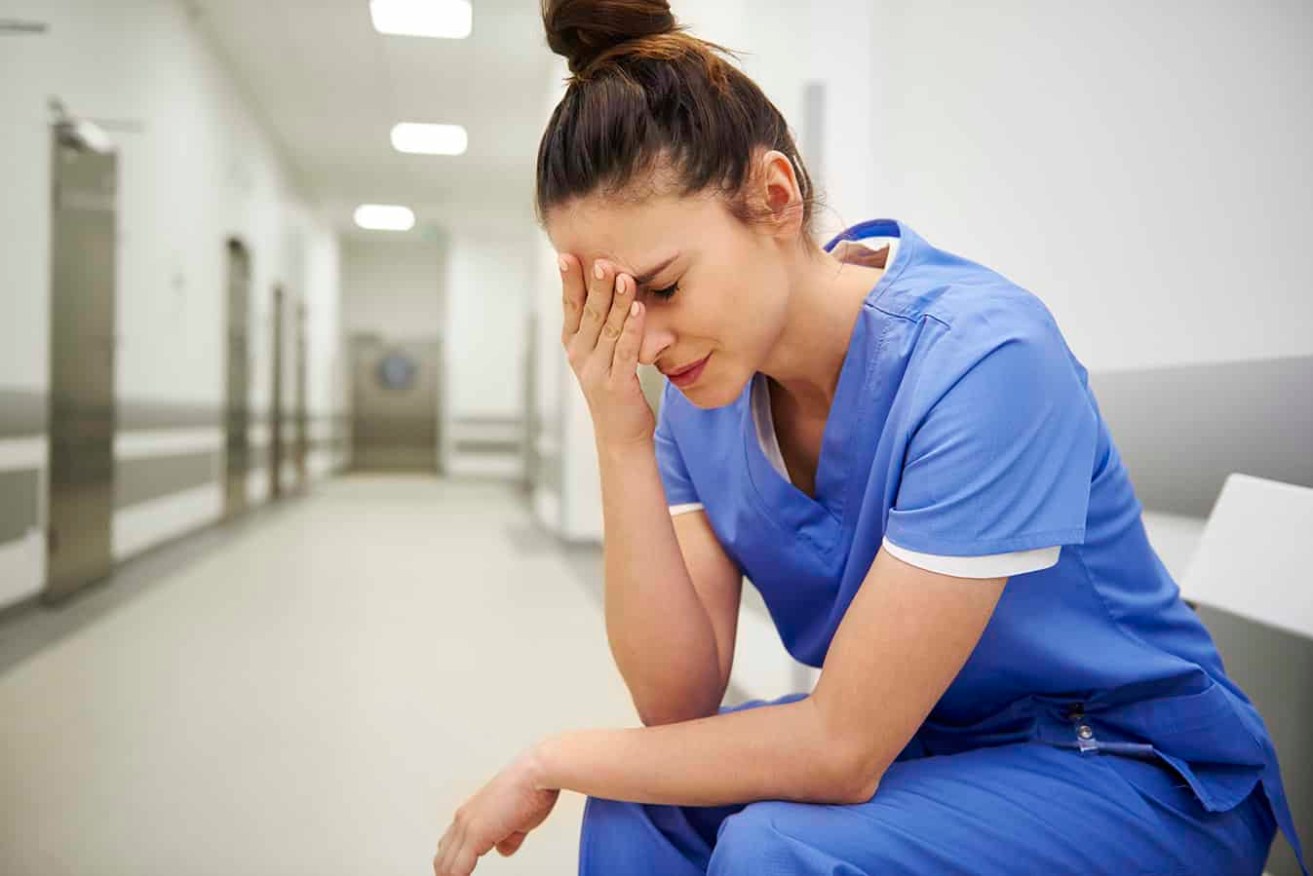Seven year wait for women forced to live with endometriosis
It takes an average of seven years for endometriosis sufferers to be properly diagnosed, with one in three feeling dismissed by healthcare professionals, a consultation with almost 12,000 Queensland woman and girls has found.


The state government has moved to support women with endometriosis. (File image - Australian Nursing and Midwifery Journal)
The findings helped trigger an $18million boost in Queensland government funding which aims to improve timely medical care, diagnosis and breakdown barriers in the health sector for women who suffer from the disease.
The figures show Queensland has one of the highest rates of endometriosis with around one in six women (17%) diagnosed with the often-debilitating disease by the time they are in the early 40s.
The national average is around one in 10 women (11%) who are diagnosed with the disease.
Endometriosis is a condition when tissue that normally lines the uterus or womb grows outside of the organ and on other areas of the body where it does not belong – usually in the pelvic cavity.
The tissue bleeds with each period causing inflammation and from this, scar tissue, csyts and adhesions are formed. It can cause infertility, pelvic pain and poor mental health.
The condition can continue into menopause for some women.
The shared experiences of almost 12,000 women and girls is for the soon to be released Queensland Women and Girl’s Health Strategy 2032.
The consultation found one in three women felt dismissed by healthcare professionals which commonly led to misdiagnosis and on average, took seven years to be diagnosed with endometriosis.
It also found it took longer than clinically recommended to be diagnosed with pelvic pain.
Queensland Minister for Health, Mental Health and Ambulance Services and Minister for Women Shannon Fentiman said women and girls recounted numerous stories of being dismissed and misdiagnosed in the health system.
“…Leading to living in persistent pain for years. We want women and girls who develop pelvic pain or painful periods to feel comfortable discussing this with their doctor, and to know that they are being listened to and understood,’’ Ms Fentiman said.
Ms Fentiman thanked the women and girls who shared with experiences with the health care system.
“We hear you, and we are taking action,’’ she said in a joint statement with stakeholders.
Peak organisation QENDO Chief Executive Officer Jessica Taylor said she hoped the investment will enable women to walk the path of diagnosis, treatment and management of endometriosis and pelvic pain.
“My endometriosis journey began like so many other, debilitating pain that I couldn’t explain, trips to emergency that yielded no answers, GPs who didn’t listen, eleven of them in fact,’’ Ms Taylor said.
University of Queensland Professor Gita Mishra said increasing awareness and pathways for diagnosis, treatment and management of endometriosis and pelvic pain, will support women and girls with healthier lives.
“It was a pleasure to lead the team at the Australian Women and Girl’s Health Research Centre at the University of Queensland to produce evidence to review to inform and support the development of the Queensland Women’s Health Strategy.
“What we know is the prevalence of endometriosis is higher among young women than the previous generation and higher in Queensland than Australia overall,’’ Professor Mishra said.
The funding is to better and faster identify, diagnose and provide better quality care for women suffering the endometriosis symptoms.
“This will improve access to advanced clinical, surgical and rehabilitation services for persistent pelvic pain, including care for endometriosis, and will be backed by statewide pelvic health clinical guidelines,’’ the statement said.
Part of funding will go to establishing peer support group programs to connect and support women who have experienced the same health issues.
More than a million dollars will fund scholarships to train nurses in pelvic pain management and physiotherapists to undertake pelvic health qualifications.
Australian Institute of Health and Welfare data for 2023 found one in seven Australian women aged between 44 and 49 have endometriosis and the rate of hospitalisations doubled among women aged between 20 and 24 with condition over the past decade.












